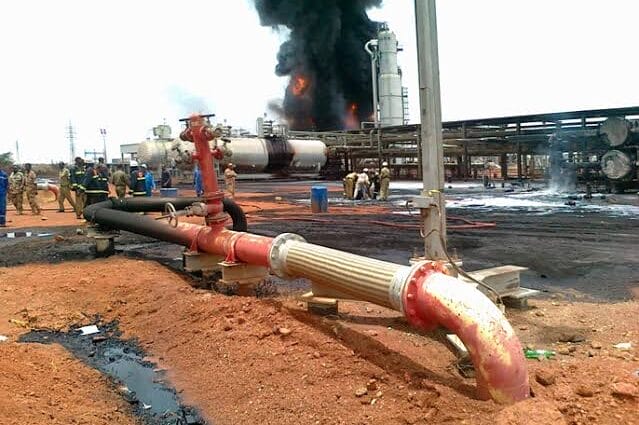Sudan has suspended operations at its Heglig oil processing facility after a series of drone attacks carried out by the Rapid Support Forces (RSF), a move that threatens both Sudan’s and South Sudan’s energy revenues. The shutdown, confirmed in a letter from Sudan’s Energy Ministry, ordered operators 2B OPCO and PETCO to evacuate staff, citing safety concerns following strikes on August 26 and 30. The ministry stressed that continuing production under current conditions would be “unsafe and imprudent,” as detailed in correspondence reviewed by Reuters.
The Heglig plant, situated along the border, is vital for South Sudan, handling up to 150,000 barrels of crude per day before the outbreak of conflict in 2023. Industry analysts point out that this facility is central to South Sudan’s fragile economy, as oil exports provide the majority of its government revenues, The East African reported. The halt in operations could sharply reduce foreign exchange inflows and place further strain on Juba’s budget.
Energy sector observers note that the incident underscores the strategic vulnerability of cross-border oil infrastructure in conflict zones. “The pipeline shutdown will not only impact Sudan but also erode investor confidence in South Sudan’s oil sector,” industry updates on Devdiscourse highlighted.
The suspension also comes at a time when both nations face mounting fiscal challenges. For Sudan, the disruption deepens its economic crisis amid protracted civil conflict, while for South Sudan, the loss of oil revenue could destabilize public spending and derail growth prospects, as underscored by The East African.
Market watchers argue that the shutdown could accelerate discussions on alternative oil transit routes outside Sudan. However, analysts caution that such alternatives remain costly and years away from viability, leaving both economies exposed in the near term, as cited by MarketScreener.

